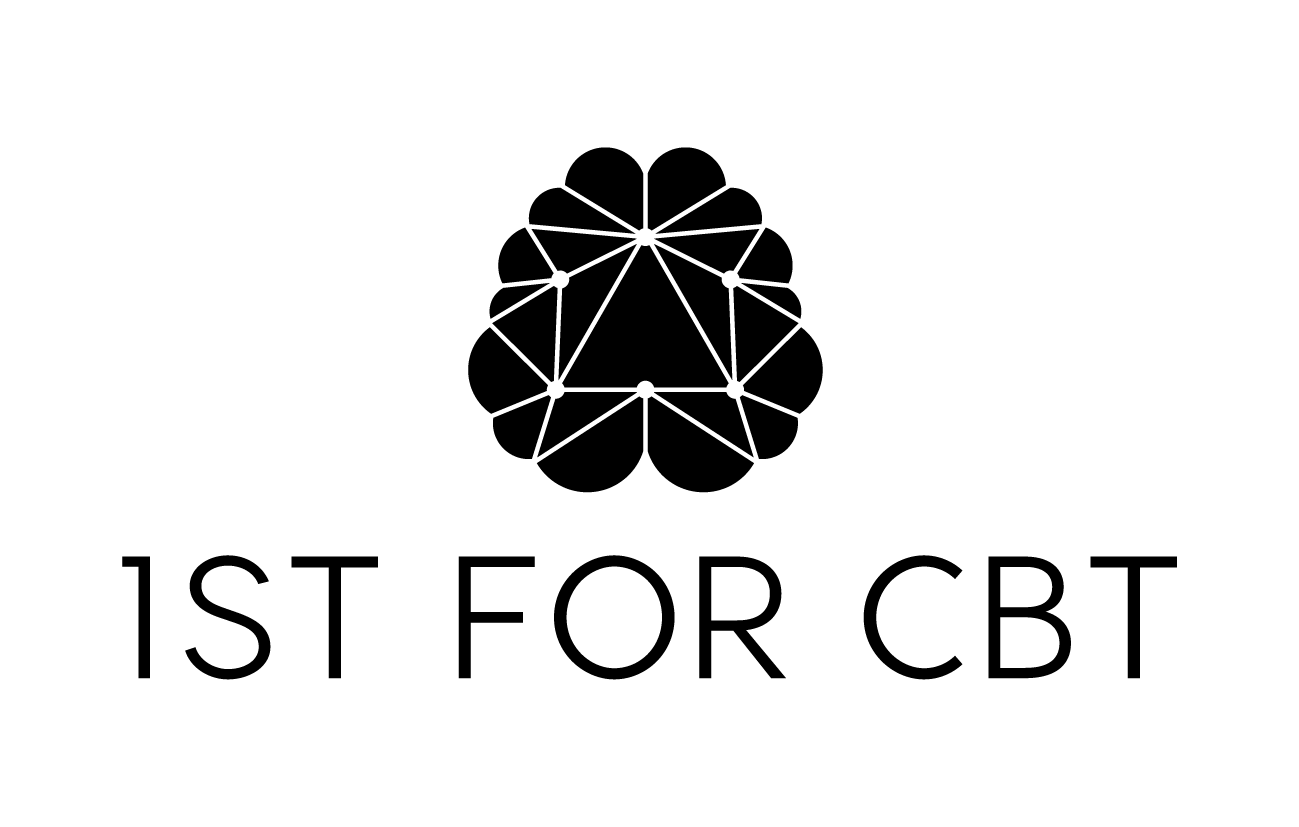MUSIC THERAPY
WHAT IS MUSIC THERAPY?
Music therapy is a psychological intervention that uses the expressive elements of music as a means of interaction between client and therapist. This provides an alternative method of communication when talking is too difficult or not possible. Regular engagement in music therapy can help clients to feel more confident, more capable of expressing themselves, and this can help to reduce anxious feelings and thoughts.
HOW DOES IT WORK?
Music therapy is client-led, which means sessions vary dependent on the individual. Sessions can include improvisation, song-writing, musical games, listening to music, or just exploring the sound, feel or vibrations of the instruments. Some sessions can include talking, and in these cases the music can be used either to promote discussion, or to consolidate feelings after talking.
WHAT DO SESSIONS INVOLVE?
The initial sessions would be an assessment session. This would be to establish whether the intervention it appropriate for the individual. This session would be quite relaxed, in a room with a few instruments but not a massive selection and that would be more of an exploration. The next step will be tailored towards setting therapeutic goals for the intervention.
Subsequent sessions would then be gradually tailored, depending on the individual. Some children don't engage with talking but love singing, so that would be something that would be explored during the sessions. Again, some children do not really like playing the drum but love how it feels.
WHO SHOULD ACCESS MUSIC THERAPY?
Music therapy is beneficial for a number of different people including being used with both children, adolescents and adults.
WHAT ISSUES CAN MUSIC THERAPY HELP WITH?
Music therapy can help with a number of different difficulties including, reducing symptoms of anxiety, stress release, depression and can help with increasing fine motor skills.
